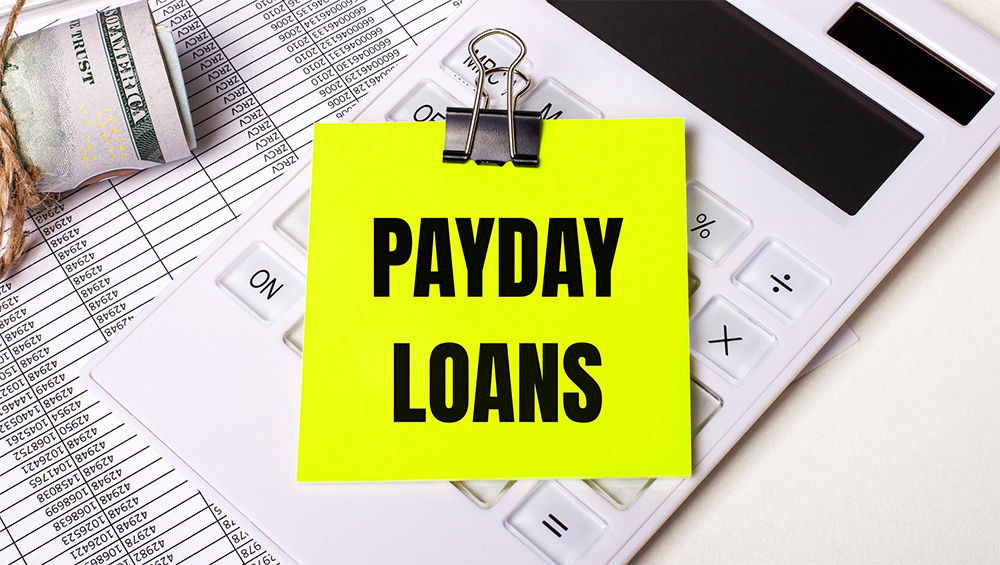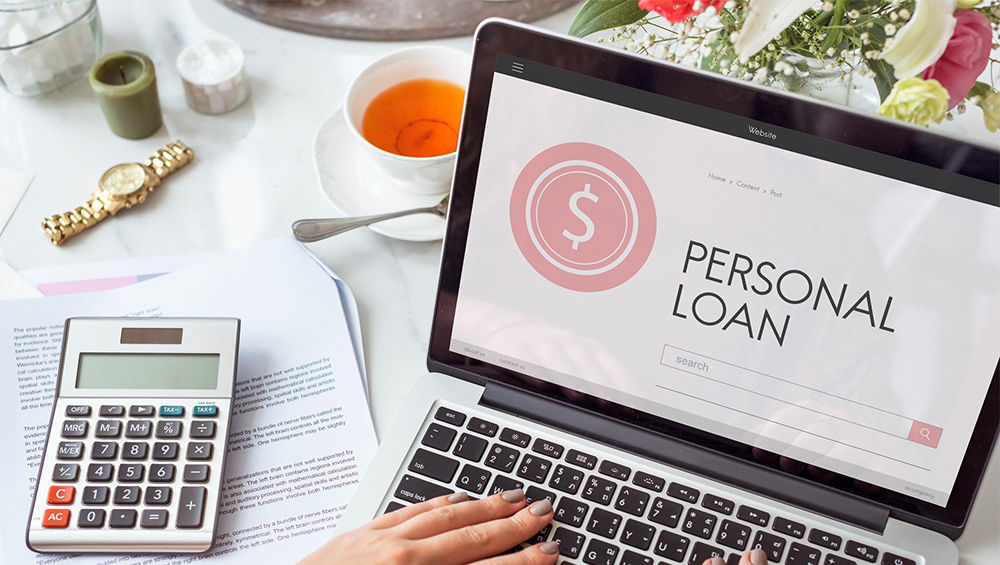
Loans are financial tools that can provide the cash you need for a variety of purposes. Two common types of loans are payday loans and personal loans. Understanding the differences between these loans can help you make an informed decision when you need to borrow money.
Applying does NOT affect your credit score!
Key Takeaways
Understanding Loans: Payday loans are short-term financial solutions with high interest rates, designed for immediate financial emergencies. Personal loans, on the other hand, are typically for larger amounts, have lower interest rates, and longer repayment periods.
Key Differences: The main differences between payday and personal loans lie in the loan amounts, interest rates, repayment terms, and eligibility criteria. Payday loans are typically smaller, have higher interest rates, shorter repayment periods, and easier eligibility criteria. Personal loans usually offer larger amounts, have lower interest rates, longer repayment periods, and stricter eligibility criteria.
Pros and Cons: Payday loans are easy to get and provide quick cash but come with high interest rates and fees. Personal loans have lower interest rates and can be used for a variety of purposes but have stricter eligibility requirements and may take longer to get approved.
Choosing the Right Loan: Your financial situation, credit score, and the terms offered by lenders should be considered when choosing between a payday loan and a personal loan.

Before diving into the specifics of payday and personal loans, it's important to understand what a loan is. A loan is a sum of money that a lender provides to a borrower, who promises to repay it over time, usually with interest.
A payday loan is a type of short-term loan designed to tide borrowers over until their next payday. These loans are typically for small amounts, often not exceeding a few hundred dollars. They're characterized by high-interest rates and fees and are often used by individuals who need quick cash for an emergency.
A personal loan is a type of unsecured loan that doesn't require collateral. Borrowers can use personal loans for a variety of purposes, including debt consolidation, home improvements, or unexpected expenses. Personal loans typically have longer repayment terms and lower interest rates compared to payday loans.
While payday and personal loans can both provide cash when you need it, they differ in several key ways.
Personal loans usually offer larger loan amounts than payday loans. While payday loans are typically for a few hundred dollars, personal loans can range from a few thousand to several tens of thousands of dollars, depending on the lender and the borrower's creditworthiness.
Interest rates are another area where payday and personal loans differ significantly. Payday loans have notoriously high-interest rates, often exceeding 300% APR (annual percentage rate). On the other hand, personal loans usually have much lower rates, often in the single-digit to mid-teen percentages, depending on the borrower's credit score and the lender's terms.
Repayment terms also vary between payday and personal loans. Payday loans usually require repayment within two weeks to a month, coinciding with the borrower's next payday. Personal loans, on the other hand, often have repayment terms of several months to several years, allowing borrowers more time to repay the loan.
Finally, the eligibility criteria for payday and personal loans are different. Payday lenders usually require proof of income and a post-dated check, but they often don't check the borrower's credit score. Personal loans, however, often require a good credit score, stable income, and sometimes collateral.
Applying does NOT affect your credit score!

Like all financial products, payday, and personal loans each have their advantages and disadvantages.
Easy Access: Payday loans are relatively easy to get. Most lenders don't check your credit score and only require proof of income.
Fast Cash: If you're in need of quick cash, a payday loan can be a good option. Many lenders provide funds on the same day or within a few hours.
High-Interest Rates and Fees: Payday loans are notorious for their high-interest rates and fees. Borrowers can end up paying more in interest and fees than the original loan amount.
Short Repayment Period: The repayment period for payday loans is typically very short, often around two weeks. This can create a cycle of debt for borrowers who are unable to repay the loan on time.
Lower Interest Rates: Compared to payday loans, personal loans typically have much lower interest rates, making them less costly over the long term.
Flexible Use: Personal loans can be used for a variety of purposes, from home improvements to debt consolidation, giving borrowers more flexibility.
Tougher Eligibility Requirements: Personal loans typically have stricter eligibility requirements compared to payday loans. Lenders often require a good credit score, stable income, and sometimes collateral.
Longer Approval Process: Because of the stricter requirements, the approval process for personal loans can take longer than for payday loans.
Applying does NOT affect your credit score!

When choosing between a payday loan and a personal loan, consider your financial situation, credit score, and the terms offered by lenders.
Consider why you need the loan and how much you can afford to borrow and repay. If you need a small amount of money for a short period, a payday loan might be a suitable option. However, if you need a larger amount or more time to repay, a personal loan might be a better choice.
Your credit score plays a major role in determining your eligibility for personal loans. If you have a good credit score, you might qualify for a personal loan with better terms. If your credit score is low, a payday loan might be the only option.
Not all lenders are created equal. Be sure to compare the terms, rates, and fees of different lenders before making a decision.
Payday loans and personal loans each have their pros and cons, and the best choice depends on your individual circumstances. By understanding the differences between these two types of loans, you can make an informed decision that best suits your financial needs.
What is a payday loan?
A payday loan is a short-term loan with high-interest rates and fees, typically due by the borrower's next payday.
What is a personal loan?
A personal loan is a loan that doesn't require collateral and can be used for a variety of purposes. It typically has lower interest rates and longer repayment terms than a payday loan.
What are the main differences between payday loans and personal loans?
The main differences between payday loans and personal loans are the loan amounts, interest rates, repayment terms, and eligibility criteria.
What are the advantages and disadvantages of payday loans?
Payday loans are easy to get and provide fast cash, but they have high-interest rates and fees and short repayment periods.
What are the advantages and disadvantages of personal loans?
Personal loans typically have lower interest rates and more flexible uses than payday loans, but they have stricter eligibility requirements and may take longer to approve.